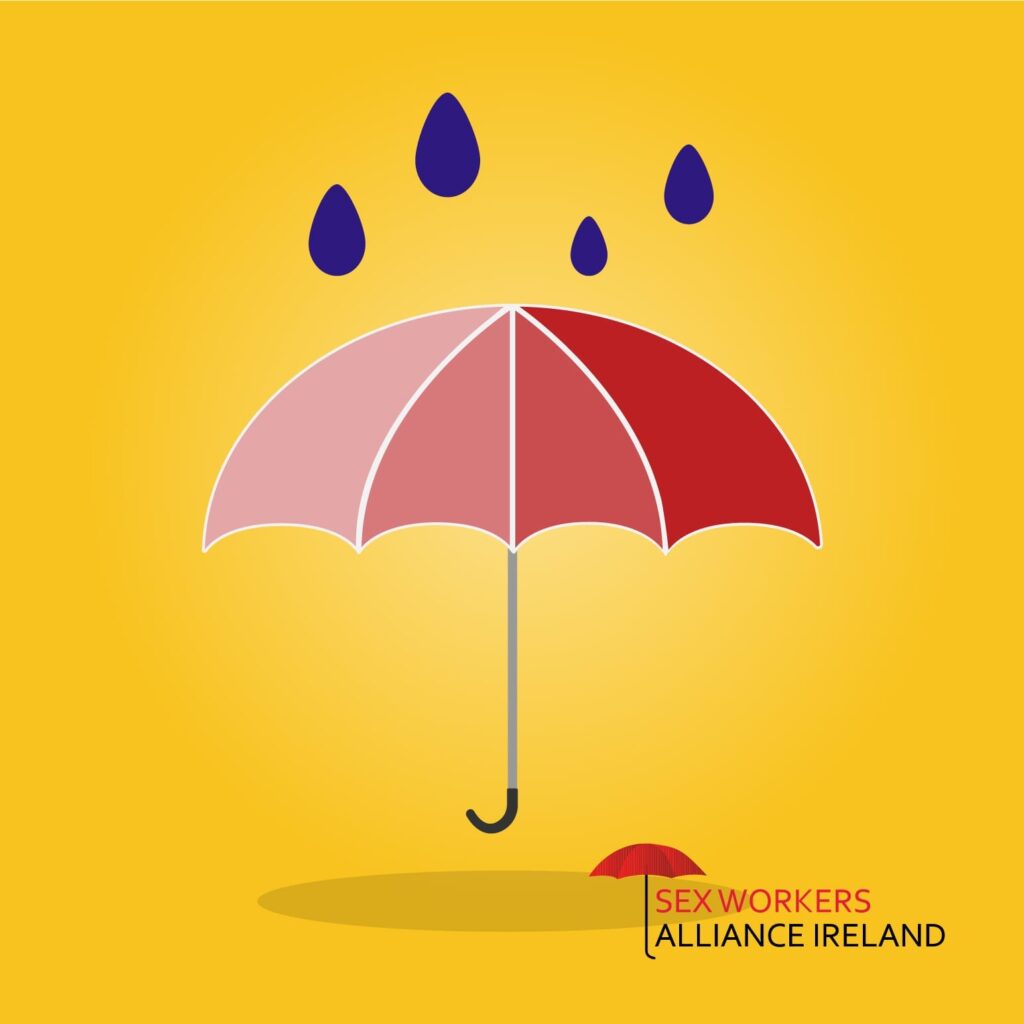
Linda Kavanagh, communications manager for the Sex Workers Alliance Ireland (SWAI) says “The Trafficking in Persons Report released yesterday highlights that there has been no successful labour trafficking prosecutions in Ireland in the past year. Two prosecutions in Ireland show that the Irish government is still falling short of any meaningful reduction in sex trafficking. SWAI demands that sex work is decriminalised to help identify victims.”
She continued “It is no surprise to us that victims of labour trafficking were deported even though they self-identified. In a meeting with SWAI in 2020 senior Gardaí told us they did not believe self-identified trafficking victims existed and those claiming this status were doing so solely to avoid deportation.”
“Year after year the Trafficking in Persons report, and experts, acknowledge that Direct Provision is unsuitable accommodation for trafficking victims, which is a tacit acknowledgement that Direct Provision can compound trauma and is not fit for purpose. We support calls to End Direct Provision.”
“Since 2017 when the law introduced client criminalisation and increased fines and jail time for so-called brothel keeping, Ireland has struggled to identify trafficking victims. Gardaí themselves have admitted to us that intelligence has fallen since the law was introduced. This is because Gardaí are antagonising their best resource to combat sex trafficking, sex workers themselves.
The sex work law was introduced with great fanfare, with wild claims that it would eradicate sex trafficking, despite it failing to do so in any country that it has been introduced into, including Northern Ireland. Our sex purchase laws have driven sex work underground, moving the small but very real number of sex trafficked victims away from agencies which can help them.
SWAI condemns trafficking and any form of exploitation in the sex industry. However, the law is failing on its own terms. Sex workers won’t report crimes against them to Gardaí and Gardaí are indifferent to this. In fact, our laws have caused a 92% increase in crime against sex workers. What use are these laws, if not to protect people?
Prevention and resilience to trafficking are better than prosecution after the fact. Central to anti-trafficking strategies in other sectors are workers’ ability to organise, unionise and report. Sex workers are not allowed to organise in this way because they must work alone to work legally. Other avenues of reporting and identification should be available to trafficking victims as recommended by this report. A firewall is needed between immigration and sex crimes so that undocumented people feel safe to report crimes against them without fear of deportation.
The war in Ukraine is cynically being used by sex work prohibitionists to push their agenda, despite there being no evidence that Ukrainian women are being trafficked here for sex. This is a waste of precious resources that could be used to help vulnerable people such as those in poverty, domestic violence situations, homelessness or addiction.
If the Gardaí and the state want to combat trafficking and organised crime they should use laws for those specific purposes, not arresting consensual adults. There is no evidence that client criminalisation reduces either sex work or trafficking. How long will Ireland continue to stubbornly refuse to listen to sex workers when they say they want to help, but they can’t?
